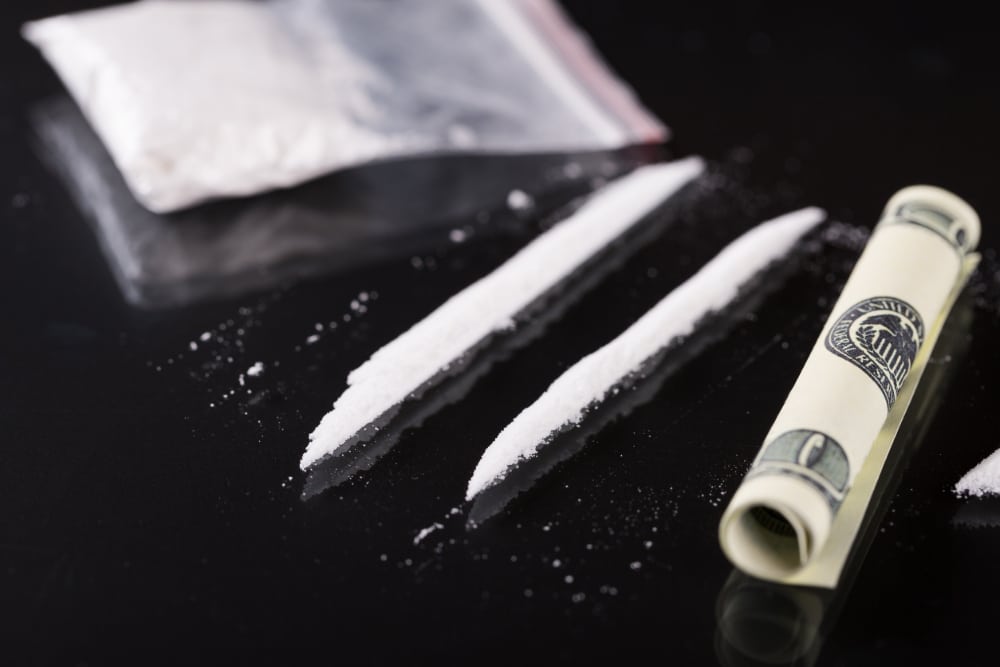Anti-Reward System Implicated in Drug Relapse

We hear a lot about the brain’s reward mechanism in addiction studies. It goes something like this: The brain’s reward system is hijacked by the repeated use of habit-forming drugs. We think of it as pushing a button that dispenses dopamine, and addiction like the inability to stop pushing that button.
The research has shown, however, that the hijacking metaphor is not that accurate. The reward system is not a button, but a network of sensors throughout the brain that cause the secretion of a variety of neurotransmitters besides dopamine. Researchers speculate there’s also a “gut brain” interacting with the head brain. Drugs such as GLP-1 receptor agonists impact the reward system primarily through the gut.
Add to this complex picture a new study from Hebrew University in Jerusalem that identifies an anti-reward system in the brain implicated in relapse during addiction treatment. The study involved addiction to cocaine, for which there are currently no FDA-approved medications. In fairly technical terms, researchers found:
[…] an aversive circuit orchestrated by ventral pallidum glutamatergic neurons encoding long-term abstinence-driven changes that may contribute to drug relapse.
A review of the study in Neuroscience News helped put the findings in simpler terms: “This ‘anti-reward’ network becomes hyperactive during abstinence, amplifying distress and pushing users back toward the drug.”
Under this scenario, the brain’s reward response is dulled from repeated pressing of the dopamine button. Stop pressing that button, however, and the brain’s anti-reward system kicks in, intensifying the pain and emotional distress of withdrawal, compelling reuse of the drug.
The research was conducted on mice, which were addicted to cocaine and then went through 14 days of withdrawal before being re-exposed to the drug. The research identified neurons in the ventral pallidum that become hyperactive during withdrawal from cocaine and settle down immediately upon re-exposure, creating a cycle of abstinence, intense pain, and relapse.
The researchers believe that this anti-reward network can be manipulated to discourage drug usage or relapse. By inhibiting the activation of glutamatergic neurons in the ventral pallidum, drug-seeking behavior in mice was decreased during withdrawal. News-Medical.Net refers to the switch as “an internal brake that discourages excessive drug use by making it emotionally costly.”
Researchers hope this discovery will lead to an approved therapy for cocaine addiction that will calm the brain during withdrawal, resulting in fewer relapses and more people recovering fully from cocaine addiction.
Written by Steve O’Keefe. First published August 6, 2025.
Sources:
“A ventral pallidal glutamatergic aversive network encodes abstinence from and reexposure to cocaine,” Science Advances, July 23, 2025.
“Anti-reward brain circuit may hold key to treating cocaine addiction,” News-Medical.Net, July 23, 2025.
“Emotional Pain Brain Circuit Drives Cocaine Relapse,” Neuroscience News, July 23, 2025.
Image Copyright: pashapixel.




